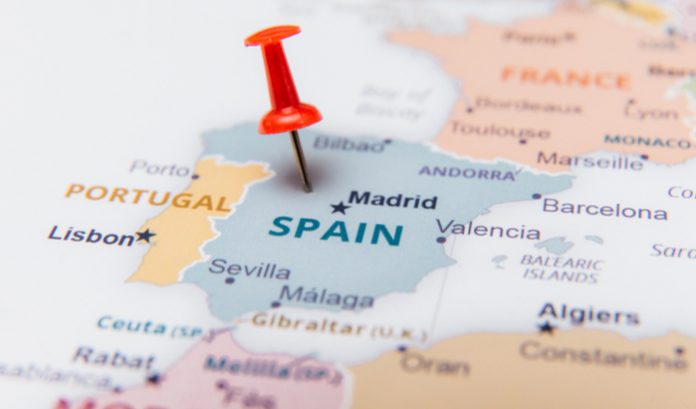Spain’s Ministry of Consumer Affairs has published its draft framework of a decree project which aims to build safer gaming environments and additional consumer gambling safeguards as a federal mandate governing the country’s gambling sector.
The project’s foreword sees the Ministry and gambling regulator DGOJ outline comprehensive protective measures that are required to modernise Spain’s Gambling Law of 2011.
According to the Ministry, Spanish gambling requires an ‘optimal framework’ to protect consumers of all ages and backgrounds, as well as new rules imposed on licensed operators to improve customer monitoring as a means of reporting gambling disorders.
The draft framework is divided into three policy areas: informing stakeholders on the requirement of new safeguards; the duties and obligations of licensed operators; and the protection of consumers against the gambling risks of intensive play, psychological disorders, addiction, and underage gambling.
The decree project also noted that a regulated gambling marketplace must ensure consumers maintain the rights to track their gambling spend/activity and comprehensively self-exclude from all gambling businesses.
Spain’s licensed incumbents must therefore comply with a ‘safety-first approach’, in which no business can endorse a customer to spend more money.
New safety measures saw the project endorse the notion that online casinos are required to ensure that players set a ‘net spend limit on each wagering session’ lasting a minimum of 24 hours.
For sports betting, customers will be required to set a minimum betting spend before being able to place a wager and activate their accounts.
Following each online session, licensed operators will be required to send customer reports detailing their spending and time-spent gambling.
Gambling websites and mobile apps will have to feature a link with information about safer gambling (under the name ‘juego más seguro’) on their home screens or main menu.
All licensed operators must also provide a dedicated Spanish language helpline, with staff trained to DGOJ standards.
Players deemed as ‘high-risk’ won’t be allowed to wager with credit cards and they can’t be offered any form of bonus type incentives.
Mirroring the UK, the project also states that ‘young customers’ cannot be treated as VIP customers and must be targeted with additional messages related to gambling risks.
The protection of Spain’s safer gambling environments will be underpinned by the establishment of a shared self-exclusion registry operating across the country’s 17 autonomous communities.
Last month, DGOJ Secretary-General, Mikel Arana, was granted a cooperative approval to re-engineer Spanish gambling’s RGIAJ player registry system, which will come under the central management of the DGOJ.
As it stands, the country’s Ministry of Consumer Affairs will aim for the project to be certified as a ‘Royal Decree on Safer Gambling Environments’, with the mandate aiming to be carried into law by July 2022.




























